In March 2022 the President of the United States, Joe Biden, declared the return of about 500 American troops to the Somali region after the growth of attacks by ISIL extremist groups, Al-Shabab.
Former President Donald Trump, in 2021, withdrew around 700 troops that helped stabilize the country. It was from this that the group of Al-Shabab grew even more, with several attacks including ex–US military bases.

A brief history of the presence of American troops in Somalia
The American presence in Somalia increased effectively from 2007 with the US “War on Terror” (War on Terror). However, this is not the first time that American troops have been to Somalia. In the early 1990s, during Bill Clinton’s presidency, American troops attempted to pacify the region and assist in distributing humanitarian aid through the United Nations with international peacekeeping forces.
However, this American mission ended in tragedy when two American Black Hawk helicopters were shot down in Mogadishu and several US military personnel (Rangers and Delta) and hundreds of militants and civilians died.
This incident ended the appetite of the American population to send troops to civil war regions in Africa, returning only in 2007 as part of their great “War on Terror” and to help African Union troops stabilize the country.
At the end of 2021, former US President Donald Trump announced the withdrawal of 700 American troops sent to decrease al-Qaeda’s terrorist force in Somalia.
Since the withdrawal of troops, the jihadist group Al-Shabab has grown by 17%, according to a study of the African Center for Strategic Studies, rising from 1771 violent incidents to 2072.
However, in March 2022, current President Joe Biden declared that there would be 500 troops returning to military bases in Somalia.
The announcement took place a week after the Anti-islamic State conference in Morocco, and is part of the search for recovery of American influence in the Middle East, after the end of war in Afghanistan.
The US has a high influence in the neighboring regions, especially in the internationally unrecognized Somaliland autonomous region, which separated 31 years ago from Somalia.
The commander of AFRICOM (United States Africa Command), General Stephen Townsend, visited the autonomous region and secured a greater American military presence.
The extremist group Al-Shabab, piracy in Somalia, and African Union troops for pacification
After the tragic events of the 1990s, Somalia became a kind of anarchy without a central government. This led to piracy in the waters of the Horn of Africa by Somali extremist groups as a means of survival, stealing goods and taking hostages to obtain ransom payments.
To combat this new piracy, several naval forces of the world began patrolling the waters of the Somali region with missions in the UN, NATO (Ocean Shield), European Union (Atalanta) among others.
Since 2007 also, the AU has been carrying out a regional military peace mission in Somali territory (AMISOM), composed of about 20,000 soldiers operating under a United Nations mandate to strengthen Somali national forces to end extremist groups.
This mission had the support of American special forces to pacify the country and combat the militants of Al-Shabab. Eventually, former President Trump withdrew American troops in support of this mission.
With this, the increase of terrorist attacks by the Al-Shabab group has also grown considerably to hinder the Somali election scenario.
The US relationship with the Somaliland Autonomous Region increased as a result, as the guards would have greater monitoring of goods and security in the Horn of Africa region.
But the effort to decrease Islamic State does not come only from the US, with the participation of the African Union (AU) to send peacekeeping troops to Somalia and military surveillance of the attacks.
The Strategic Importance to the World of Stabilization and Security of the Horn of Africa
The Horn of Africa lies in the north-eastern part of the continent, formed by Eritrea, Djibouti, Somalia and Ethiopia.
The region is very important because it is a maritime route with proximity to the Red Sea and the proximity to the Suez Canal through which it passes some of the main routes of transport of goods and oil to supply the markets of the Mediterranean, the Indian Ocean and the Persian Gulf. This causes the instability and insecurity of the Horn to affect international oil trade, since 9% of the world’s oil goes through the Suez Canal.
To complicate the situation, the countries of the region are marked by political instability and extreme poverty, with a high rate of populations in a situation of hunger. Ethiopia was a strategic country for the United States in the region in its military actions of the War on Terror, but that on account of internal conflicts has become more unstable. Eritéia also has an authoritarian government which strains the region.
The future trend of peacemaking and building Somalia as a nation
The growth of Islamic State in the region of Somalia is not a danger reserved only to the country, since there is the growth of groups across Africa and can bring greater instability to the other key countries of the Horn of Africa.
The presence of United States special forces is important to achieve a minimum of security and pacification of the region so that Somalia can develop as a nation and thus economically and socially. This will lead to greater prosperity for the local population by decreasing the capacity and attractiveness of armed militias such as Al-Shabab.
Without a minimum of economic development, Somalia will continue to be a source of recruits for extremist groups. And without security, there is no economic development. Therefore, military support from the US and the West in general, in addition to support for the institutional development of the Somali government, is key to maintaining the region’s security in the short, medium, and long term.
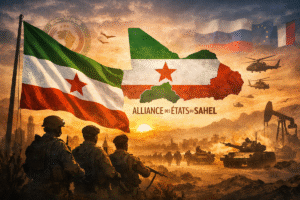
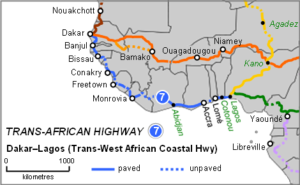
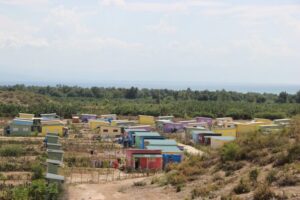

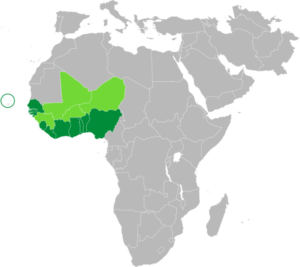

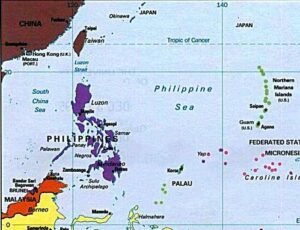
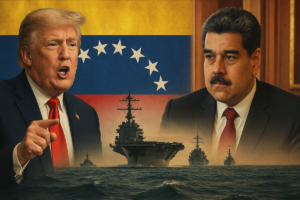
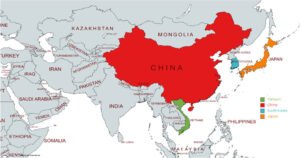
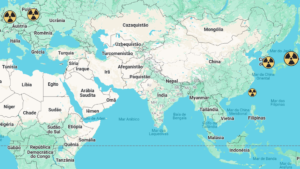
[…] $600 million will be invested for an American company to build subsea telecommunication cables to connect Singapore with France, through Egypt and the Horn of Africa […]